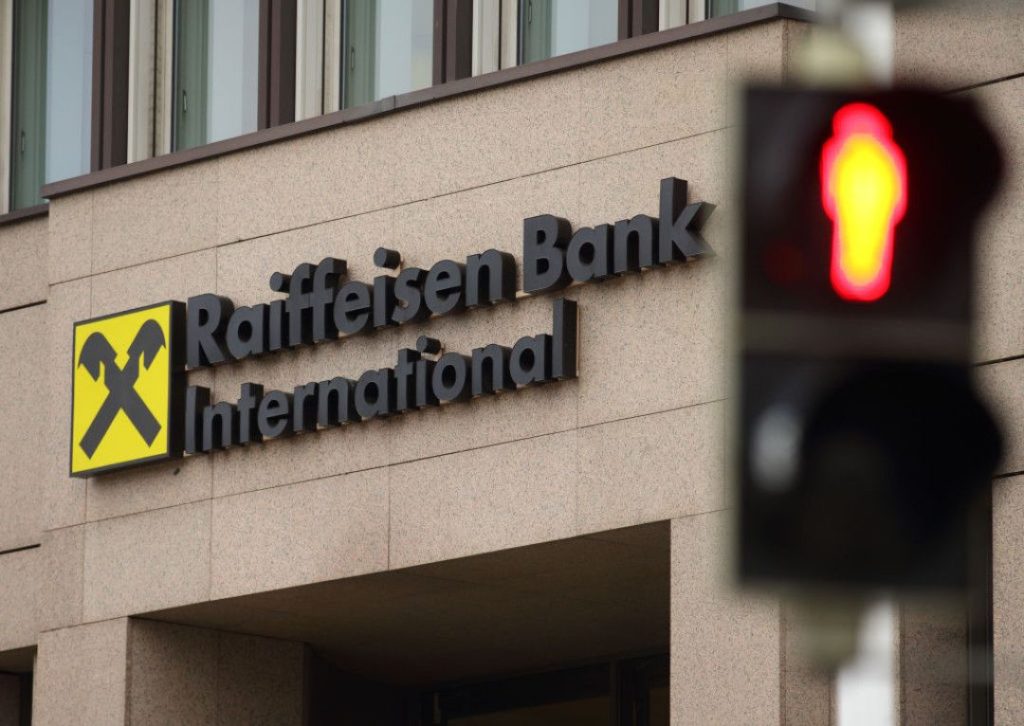Austria’s Raiffeisen Bank International (RBI) is facing pressure from European regulators to accelerate the wind-down of its business in Russia. The European Central Bank (ECB) is expected to ask Raiffeisen to significantly decrease loans to customers in Russia by 65% compared to the third quarter of last year by 2026. The Vienna-based bank group, the largest remaining Western bank in Russia, is under increasing pressure to scale down its activities in the country. The ECB’s draft requirements could impact RBI’s plans to reduce its Russian business and potentially hinder its ability to sell its Russian subsidiary.
The move by the ECB comes as the West seeks to increase economic pressure on Moscow over its aggression in Ukraine. The ECB had already urged Raiffeisen in March 2023 to devise an exit strategy from Russia. As Austria’s second-largest bank lender, Raiffeisen plays a significant role in Russia’s financial system and is one of only two foreign banks classified as “systemically important” by the Russian central bank. The bank aims to follow through with the ECB’s requirements and eventually sell its Russian subsidiary, but the draft requirements may pose challenges for its exit strategy.
The ECB’s request could impact Raiffeisen’s ability to leave Russia with money in hand, as the bank had initially planned to further reduce its Russian business and potentially sell its Russian subsidiary. With the pressure from European regulators to accelerate the wind-down of its business in Russia, Raiffeisen may face challenges in meeting the requirements and achieving its exit strategy. The bank’s role as a significant player in Russia’s financial system adds complexity to the situation, as it is classified as “systemically important” by the Russian central bank.
In response to the ongoing conflict in Ukraine, the European Union is preparing a 14th sanctions package against Russia. Commissioner Valdis Dombrovskis announced the upcoming sanctions package, which is expected to be adopted in the spring. The EU continues to increase economic pressure on Moscow over its aggression in Ukraine, with ongoing efforts to implement further sanctions against Russia. The sanctions are part of the EU’s strategy to support Ukraine and hold Russia accountable for its actions in the conflict.
The European Parliament’s legacy for the sanctions regime includes ongoing efforts to stand with Ukraine and maintain pressure on Russia through economic sanctions. The EU has been working to strengthen its sanctions regime against Russia and support Ukraine in the conflict. The upcoming sanctions package is part of the EU’s commitment to holding Russia accountable for its actions in Ukraine and increasing economic pressure on Moscow. The EU’s continued efforts to implement sanctions demonstrate its solidarity with Ukraine and determination to address the ongoing conflict.


